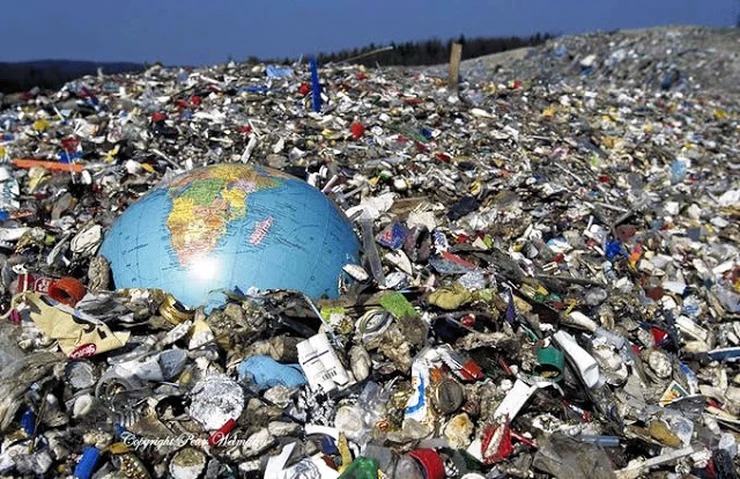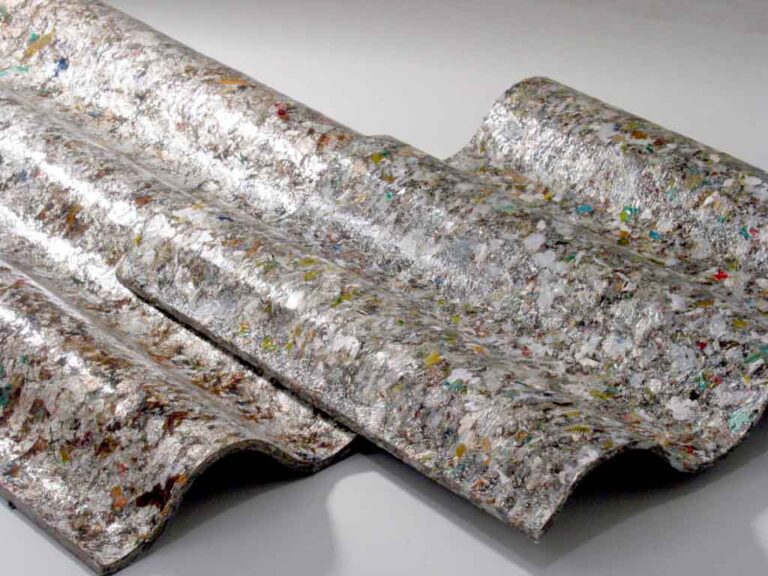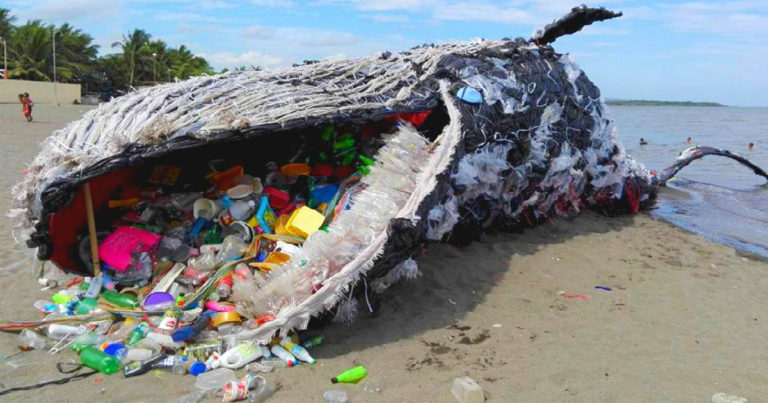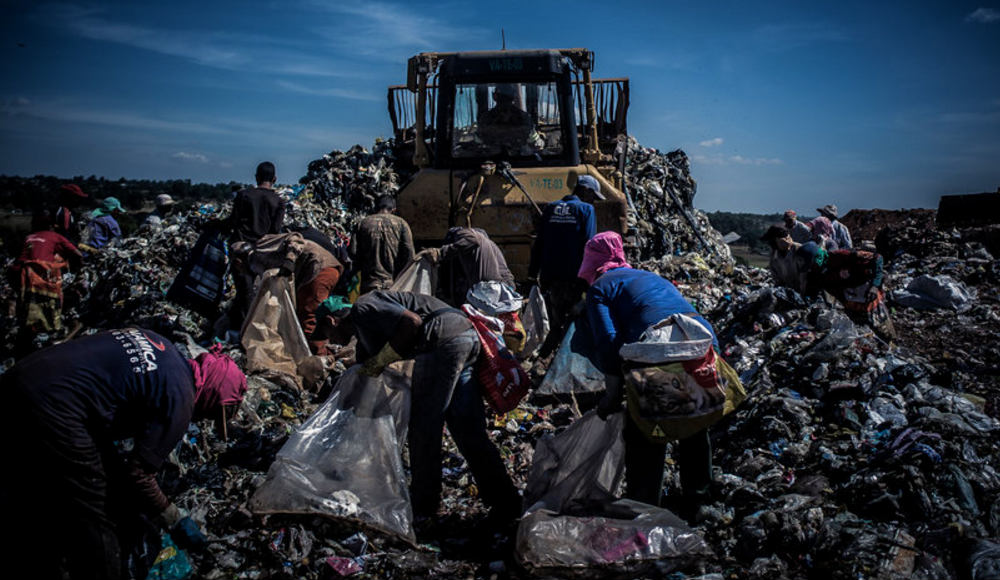Solid waste management is a crucial topic for environmental preservation and civil construction. This guide, part of the FEPAM Technical Manuals Reference Collection, provides a detailed overview of environmental licensing and solid waste management. The goal is to ensure that activities related to solid waste management are carried out in a sustainable and effective manner, protecting the environment and promoting socioeconomic development.

The Role of Environmental Licensing
Environmental licensing is an essential process to prevent negative impacts on the environment. It ensures that activities that are potentially harmful to the environment are carried out in accordance with sustainable standards and practices. This process seeks to balance environmental preservation with socioeconomic progress, aligning with the National Solid Waste Policy (PNRS), Federal Law No. 12,305/2010 and the National Environmental Policy (PNMA), Federal Law No. 6,938/1981. Licensing is also in compliance with state legislation, specifically the State Environmental Code of the State of Rio Grande do Sul (State Law No. 15,434/2020).
Detailed Approach
This manual provides a comprehensive review of the legal and technical standards applicable to different types of solid waste, including:
- Urban Waste (RSU)
- Construction and Demolition Waste (CSRD)
- Industrial Waste (RSI)
- Waste from Confined Animal Breeding Activities
Each category of solid waste has its own guidelines and licensing requirements to ensure that the management of these materials is carried out effectively and in compliance with legislation. The systematic and detailed approach outlined in the manual is crucial to the efficient management of solid waste, which can have a significant impact on public health and the environment.
Importance of Efficient Management
Efficient solid waste management is essential to minimize environmental impacts and promote sustainability. The FEPAM manual provides specific guidelines for environmental licensing, ensuring that solid waste management practices are carried out in accordance with best practices and legal requirements. The standardization of procedures aims to improve efficiency and transparency in waste management, benefiting both the environment and society.
Additional Resources and Tools
One of the innovative aspects of this manual is the inclusion of direct links to standards and regulations websites. These links facilitate access to up-to-date and detailed information, allowing for more practical and agile consultation of relevant documents. The transparency provided by these resources supports the effective implementation of solid waste licensing and management practices.
Furthermore, the manual is a valuable tool for the education and ongoing training of professionals in the field. It provides a solid basis for understanding and applying environmental licensing standards, contributing to the improvement of solid waste management practices.
Advances in Waste Management
FEPAM’s publication represents a significant advance in solid waste management, providing essential tools and guidelines to address the challenges in this area. With a detailed and up-to-date approach, the manual contributes to more effective and responsible management of solid waste. The free and accessible availability of the manual reinforces FEPAM’s commitment to transparency and ongoing education, promoting a more sustainable environment.
Solid waste management is essential for environmental preservation and sustainable development. The FEPAM manual provides valuable guidelines and tools for environmental licensing, ensuring that solid waste management practices are carried out in accordance with best practices and legal requirements. Its detailed approach and the inclusion of additional resources make this manual an essential reference for all professionals involved in solid waste management.
Check out other interesting facts about recycling clicking here.
Learn how to make art by recycling, Click here.



